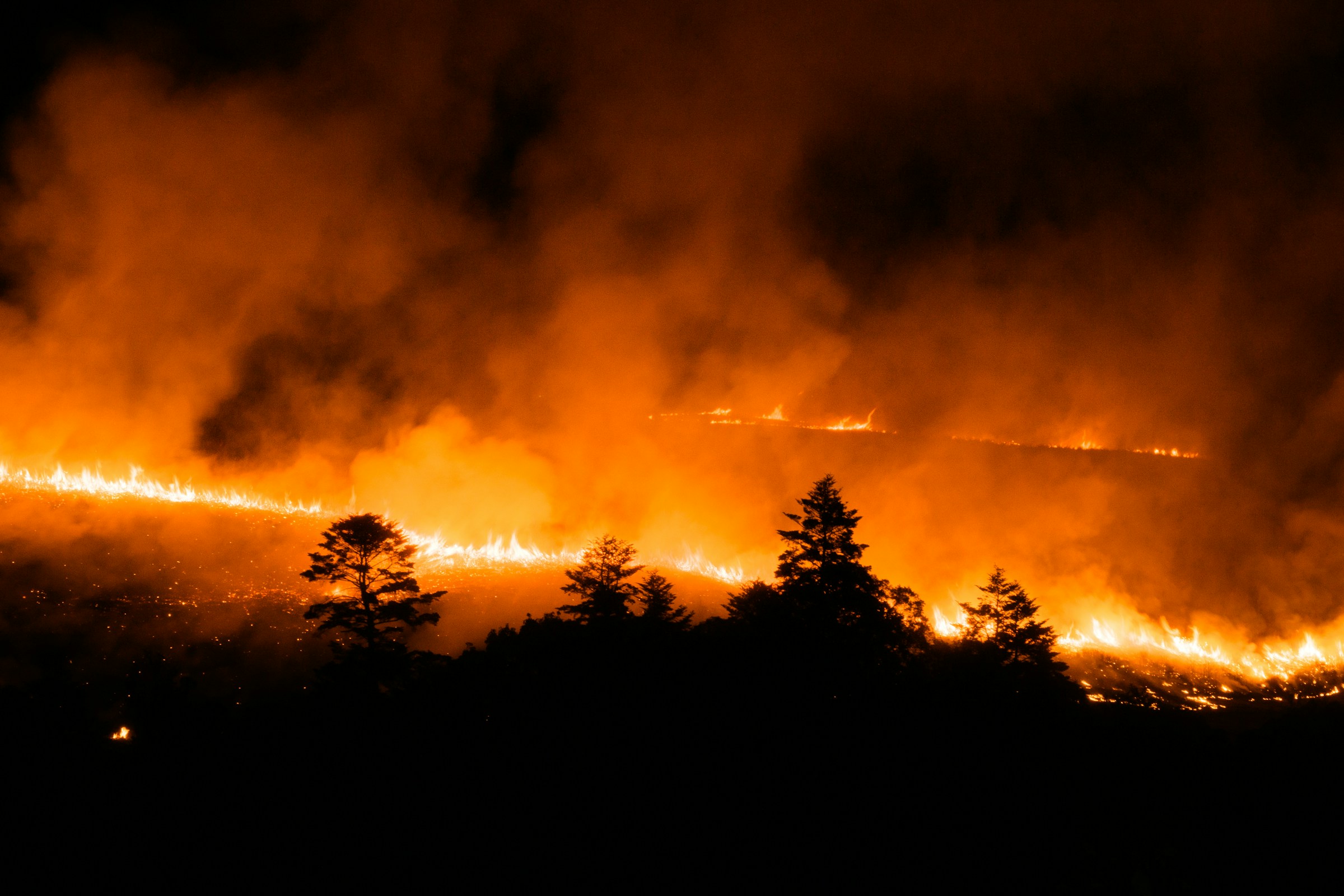France’s largest wildfire in decades tore through more than 160 square kilometers of the southern Aude region this week. It was a fast-moving crisis sparked by heat and wind, but its real significance lies in what followed—or rather, what didn’t. Roads were blocked. Residents could not return. Infrastructure was damaged. And yet, the narrative remained focused on fire containment rather than systemic disruption.
This isn’t just a climate event. It’s a wake-up call on infrastructure fragility and regional economic risk. The wine-producing south—long celebrated for its export legacy and tourist appeal—was, for 48 hours, rendered inaccessible. But beyond the environmental toll, this incident reveals a more sobering reality: France’s resilience architecture is not adapting at the pace climate volatility now demands.
France often leads the climate conversation—especially post-COP21—advocating carbon reduction, green finance, and climate diplomacy. But mitigation and adaptation are not synonymous. While emissions policy dominates headlines, physical infrastructure remains deeply exposed.
The Aude wildfire was a localized event—but one with wide economic reach. The region produces nearly 13 million hectoliters of wine annually. Its transportation links, while scenic, are aged and linear. When blocked, they choke access not just for emergency services but for agriculture, tourism, and inter-regional freight.
Firefighters battled the blaze for two days before cooler weather helped contain it. But even after the flames receded, residents were told not to return. Roads were still unsafe. That delay reflects more than risk aversion—it signals a lack of layered infrastructure planning. No rerouting. No modular service continuity. No visible playbook for economic function under environmental duress.
This is the structural blind spot that climate policy too often glosses over: What happens when key industries are cut off not by market collapse, but by heat, wind, and flame?
This is not an anomaly. Southern Europe is burning more often, more severely, and in more economically integrated regions. Spain’s Andalusia, Greece’s Evros, and Portugal’s Castelo Branco have each suffered recent fire events with material economic consequence.
France, however, occupies a unique strategic position: a G7 economy with high logistics density, precision agriculture, and deep tourism interdependence. Yet, as this week’s fire revealed, it lacks a business continuity framework that maps climate risk into operational readiness.
In this case, the strategic lapse was threefold:
- Transport choke points were not proactively rerouted.
- No visible coordination emerged for agri-export adjustments.
- Displacement protocols focused on safety, not resumption of trade or services.
These aren’t just public sector oversights. They reflect a private sector and logistics ecosystem that hasn’t yet internalized climate volatility as a first-order strategic risk.
Compare this to UAE and Saudi Arabia, where climate adaptation is now fused with economic planning. In the Gulf, desertification and heat aren’t treated as environmental problems—they’re built into urban planning, agritech investment, and logistics design.
The Red Sea and Neom corridors, for instance, embed firebreak zones and multi-node transport redundancy into urban sprawl prevention. Dubai’s infrastructure masterplan bakes in climate scenario modeling across power grids, roads, and supply lines—not as contingency but as design principle.
This divergence matters. Not because Europe must mimic the Gulf, but because resilience logic must scale to match exposure, and in France’s case, that exposure is quietly expanding: to agriculture, viticulture, logistics, and local tourism economies.
One closer-to-home comparison is Portugal. After its catastrophic 2017 fire season, Lisbon didn’t just invest in firefighting—it reengineered rural zoning, utility reinforcement, and seasonal risk mapping. Wildfire risk now factors into regional economic planning—not as emergency preparedness, but as baseline operational reality.
The results have been uneven, but the logic is sound: prevention isn’t only about forests. It’s about economic sectors that rely on uninterrupted regional function. France’s Aude fire reveals how dangerously narrow a safety-focused lens can be if it excludes operational continuity and economic lifelines.
The wildfire was contained—but what it exposed was not. Europe’s infrastructure modernization conversation remains too emissions-centric and not sufficiently resilience-driven. That may suffice in boardrooms where sustainability means green bonds and ESG scores. But in Aude this week, sustainability meant blocked roads, paused production, and displaced livelihoods.
France—and much of Europe—needs a climate operations framework: one that fuses emergency response with economic recovery and embeds infrastructure redundancy into rural logistics and tourism zones. Climate risk is no longer episodic. It is strategic—and it is here.
If Paris can architect a continent-wide emissions trading scheme, it can surely extend that systems-level thinking to multi-sector continuity under climate stress. Anything less is not just unsustainable. It’s unstrategic.















